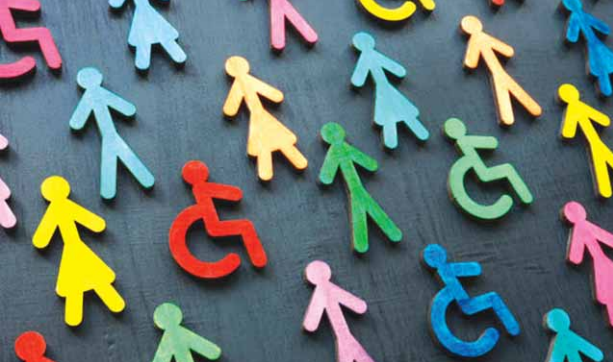We are delighted to honour and congratulate Mr. Kamal Kishore, who has recently appointed as the Special Representative of the UN Secretary-General for Disaster Risk Reduction and Head of the UN Office for Disaster Risk Reduction (UNDRR). This appointment marks a significant milestone in global disaster risk reduction efforts, and we are thrilled to celebrate Mr. Kishore’s achievement in this pivotal position. His extensive experience, combined with his passion for disaster resilience, will be a driving force in shaping global strategies to reduce disaster risks and enhance resilience at all levels of society.
Mr. Kamal Kishore’s journey in disaster risk reduction spans nearly three decades, during which he has made remarkable contributions at the global, regional, national, and local levels. His deep-rooted expertise, coupled with his unwavering dedication to reducing disaster risks, positions him as a visionary leader ready to guide the world through the complexities of disaster resilience in an era of increasing vulnerabilities.
Before stepping into this prestigious role at UNDRR, Mr. Kishore served as the Head of Department at India’s National Disaster Management Authority (NDMA) since 2015. During his tenure, he played a key role in shaping and leading the Group of 20 (G20) Working Group on Disaster Risk Reduction under India’s G20 presidency. His leadership in this arena has been instrumental in fostering international cooperation and shaping global policies that address the multifaceted challenges of disaster risk reduction. Mr. Kishore’s impact extends beyond his work at NDMA. For nearly thirteen years, he was an integral part of the United Nations Development Programme (UNDP), where he held key positions in Geneva, New Delhi, and New York. His tenure at UNDP was marked by significant achievements, including leading global advocacy efforts to integrate disaster resilience into the Sustainable Development Goals (SDGs). His work ensured that disaster risk reduction became a central component of global development agendas, reflecting his deep commitment to building a safer and more resilient world for all. Together, we can build a safer, more resilient world, and we are confident that Mr. Kishore’s leadership will make this vision to become a reality.
| VOCABULARY Disaster “Disaster” means a catastrophe, mishap, calamity or grave occurrence in any area, arising from natural or man made causes, or by accident or negligence which results in substantial loss of life or human suffering or damage to, and destruction of, property, or damage to, or degradation of, environment, and is of such a nature or magnitude as to be beyond the coping capacity of the community of the affected area. Disaster Risk “Disaster Risk” means the potential loss of life, injury, destroyed or damaged property, infrastructure and assets, economic and social disruption and environmental degradation, which could occur to a system, society or a community in a specific period of time, determined probabilistically as a function of hazard, exposure, vulnerability and capacity. Exposure “Exposure” means the situation of people, buildings, infrastructure, production capacities and other tangible human assets, the environment and natural resources located in hazard-prone areas. Hazard “Hazard” means a process or phenomenon relating to a disaster that may cause— (a) loss of life; (b) injury or other health impacts; (c) damage to property, buildings and infrastructure; (d) social and economic disruption; or (e) environmental degradation. Preparedness “Preparedness” means the knowledge and capacity of Government, response and recovery organisation, community and individual to anticipate, respond to and recover from threatening disaster situation or disaster. Prevention “Prevention” means activity and measure to avoid potential adverse impact of disaster. Recovery “Recovery” means the restoration or improvement of economic, physical, social, cultural and environmental assets, system and activity, of a disaster-affected community. Reconstruction “Reconstruction” means rebuilding and restoration of infrastructure, service, building and facility required for the functioning of a community affected by a disaster Resilience “Resilience” means the ability of a system, community or society exposed to hazards to resist, absorb, respond to and recover from the effects of a hazard in a timely and efficient manner Vulnerability “Vulnerability” means the conditions determined by physical, social, economic and environmental factor or process which increase the susceptibility of an individual, a community, asset, infrastructure or system to the impact of hazard. |
Source: Disaster Management Act, 2005






